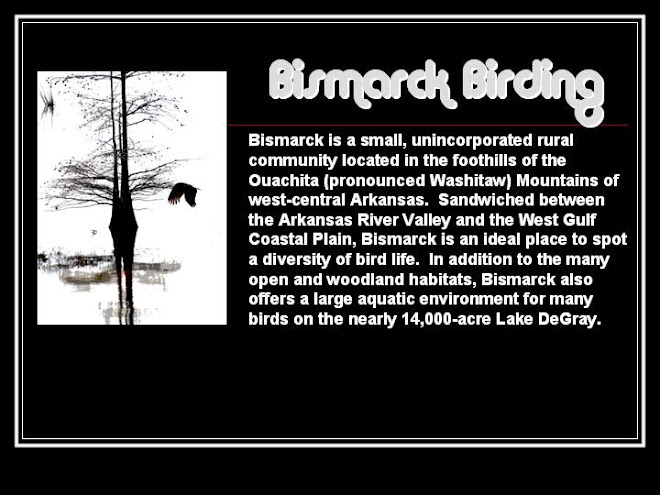



If you think you are seeing more of these birds than you did as a kid, you would be right. The Blue Jay (Cyanocitta cristata) numbers are on the rise. The only thing that could slow them down would be a wide spread outbreak of the West Nile Virus, which seems to be particularly deadly to members of the Blue Jay family (Corvidae). I can remember that as a kid these birds ranked right below Crows when it came to being a nuisance; they would eat our apples and pecans. Now, we can add another possible nuisance; namely, being a reservoir for the West Nile Virus. However, the Blue Jay is not all bad. First, consider its beauty and what about that unmistakable call? By the way, the Blue Jay is reported to have one of the most sophisticated languages in all of the animal kingdom. Secondly, Blue Jays are great at seed dispersal. Although Jays are omnivores (will eat anything), when eating nuts and seeds they will hide (cache) them in various places and will forget (I know the feeling) where they buried some of the seeds. So these guys are doing their part at reforesting America. Lastly, without these birds where would the Toronto baseball team be? Some other interesting facts about these birds would include their lifespan. The oldest Blue Jay studied by researchers in the wild lived to be 17 years and 6 months old; however, most blue jays live to about 7 years old. One captive female lived for 26 years and 3 months. These birds are monogamous and both are involved in parenting.
Now for the hard question about Blue Jays. Where did the saying "naked as a Jaybird" originate? It appears to be a purely 19th century American phrase (the Brits have their own version "naked as a robin" but that is for them to figure out). It has been suggested that this saying is related somehow to the use of "jay" in the 19th century for a hick or rube recently arrived in the city. This "jay" underlies our term "jaywalk," meaning to cross the street in the middle of the block or in some other unorthodox fashion, supposedly as one unaccustomed to urban traffic rules might. Hicks or rubes were not known for their fashion sense and were probably scantily clothed upon arrival to the big city. If you know of another story for the saying please leave a comment.


No comments:
Post a Comment